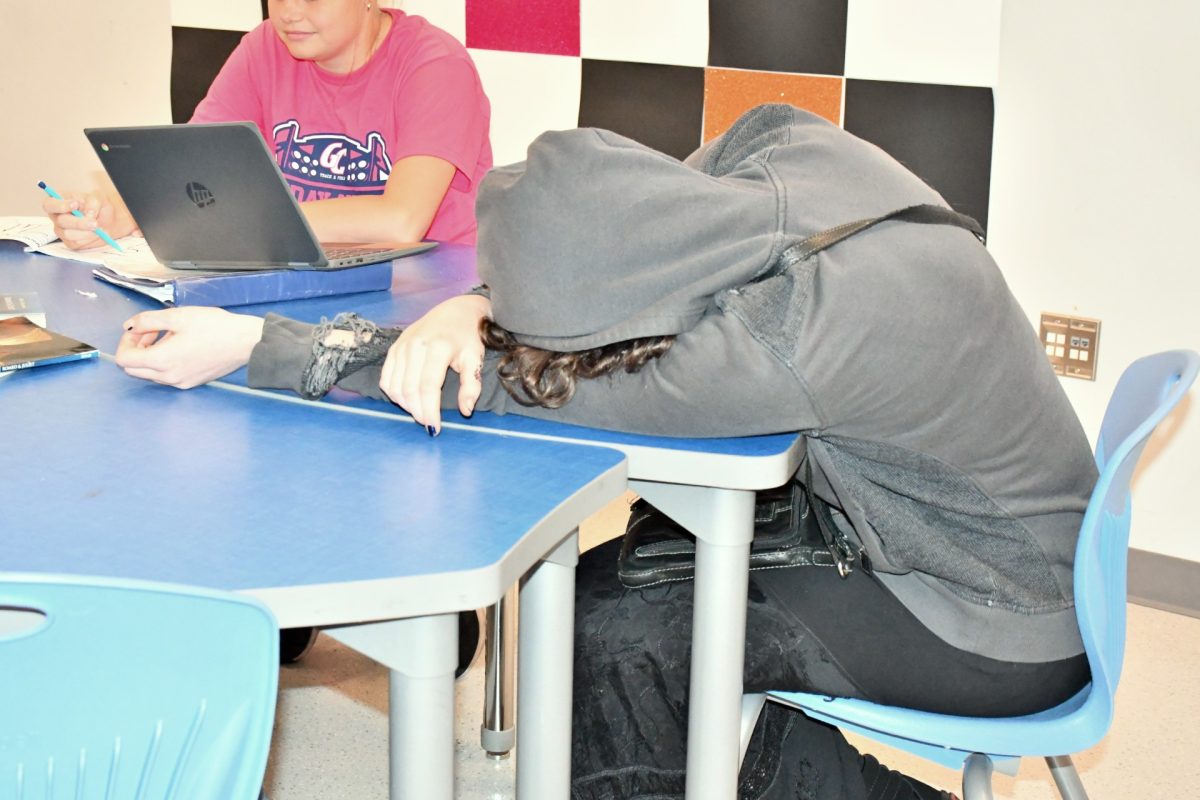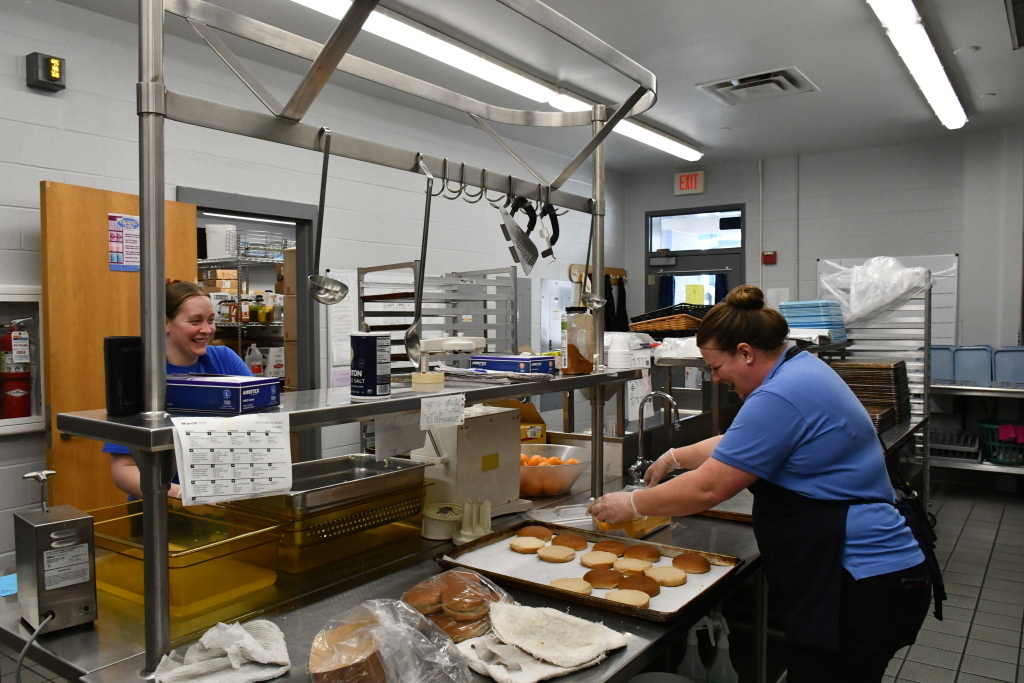As highschoolers juggle academics, extracurricular activities, and social lives, maintaining good health and sleep is not on the top of the list.
However, the significance of quality sleep can not be overlooked; it plays a major role in academic performance, mental health, and overall well-being. Numerous studies have shown the correlation between sleep and academic success.
Healthy sleep improves concentration, memory, and problem solving skills. Students that prioritize sleep often find themselves better equipped to handle academic challenges and maintain a good study schedule.
The average teenager should be getting around 8-10 hours of sleep a night, but many are only getting 5-6 hours of sleep according to UCLA health.
A survey of students at Boone County High School found that students are getting an average of 6.5 hours of sleep a night. Fewer than 71% of students are getting the recommended 8 or more hours of sleep.
Juniors and seniors report getting 6.3 hours of sleep a night, compared to 6.6 hours for freshman and sophomores
As students are getting older, they are more likely to have a job that affects their sleep, with 37% of juniors and seniors reporting that they have a job that affects their sleep compared to only 8% of freshman and sophomores.
Research from the National Institute of Health shows that one in four teens suffer from insomnia. Teenagers’ lack of sleep may be affecting their school life.
“When teenagers are not getting enough sleep, they are grumpier,” said Lisa Damour, a clinical psychologist. “They have a harder time focusing. They have a harder time remembering things.”
Many teenagers have things to do after school, such as sports and jobs that may require them to be away from home for several hours.
Prioritizing healthy sleep habits is essential for high school students looking to excel academically, maintain mental well being and lead a balanced lifestyle according to an article on CNN.
Students can make sleep a priority to absorb the numerous benefits of quality rest and set themselves up for success in and out of the classroom.
Need help sleeping?
The Sleep foundation is known for having many expert articles revolving around sleep, and they have these tips on how to sleep better.
- Consistent Bedtime Routine: Establishing a regular bedtime routine signals the body that it’s time to wind down and prepare for sleep. Activities such as reading, meditating, or taking a warm shower can help promote relaxation.
- Limit Screen Time: The blue light emitted by screens can interfere with melatonin production, making it harder to fall asleep. Limiting screen time an hour before bed can improve sleep quality.
- Create a sleep friendly Environment: A dark quiet and comfortable sleep environment can significantly impact sleep quality. Invest in blackout curtains, earplugs, or white noise machines to create a conducive environment.
- Avoid caffeine and heavy meals before bed: Consuming caffeine or heavy meals close to bedtime can disrupt sleep patterns. Try caffeine free beverages and light snacks in the evening to promote better sleep.






